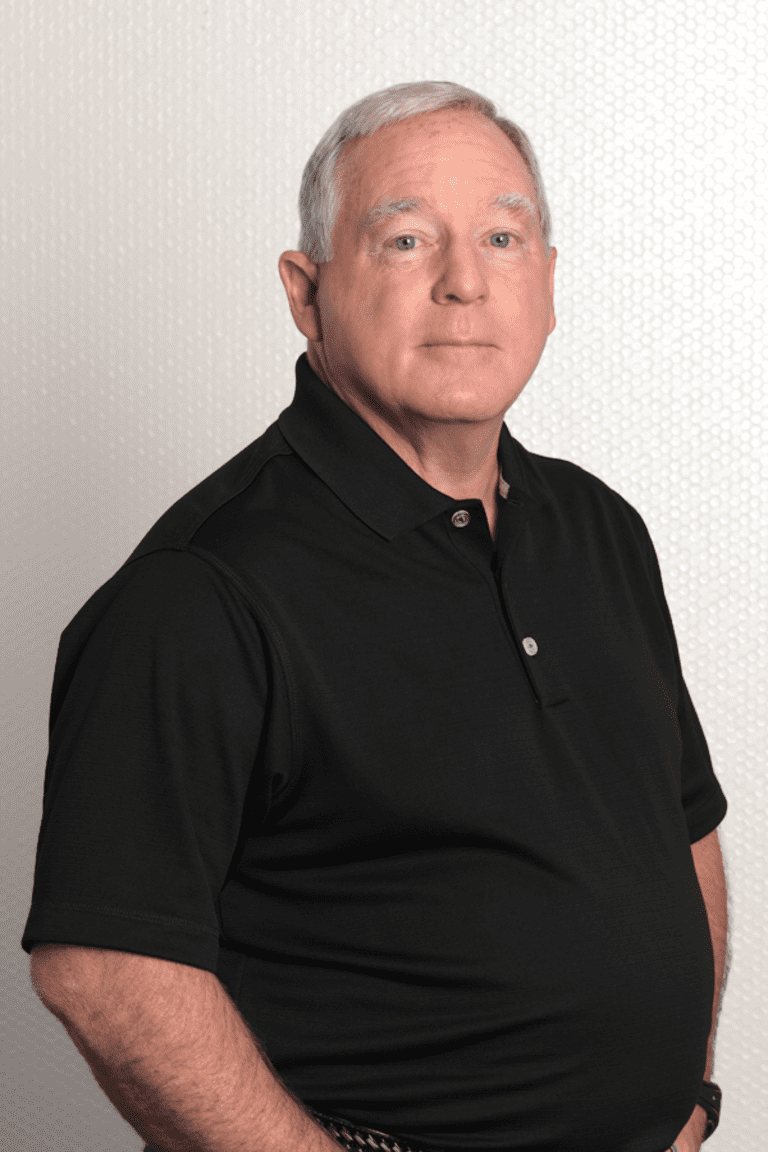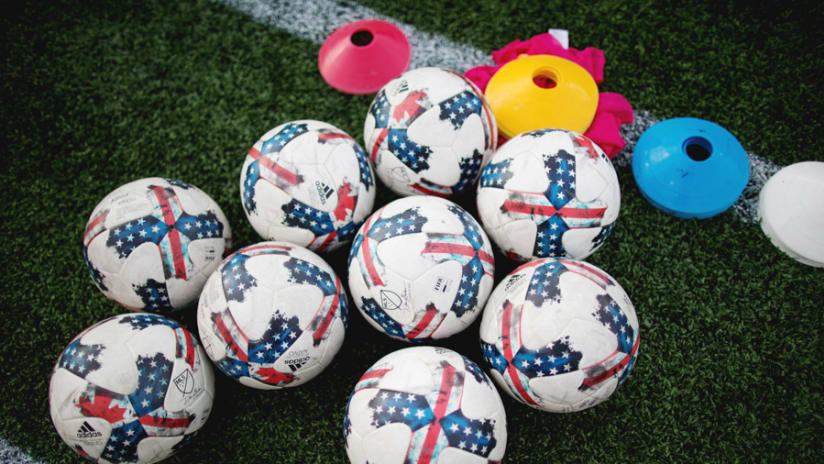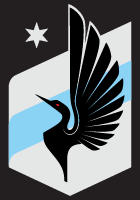Minnesota United FC recently announced the training staff for its Development Academy, and we sat down with Academy Director Tim Carter to learn more about their approach to building the program. Carter talked about the unique coaching structure that will allow them to prioritize player development at all levels, the ways in which the Minnesota United first team will be involved and how the Development Academy is growing the game both in the U.S. and worldwide.
MNUFC: What is the Development Academy at its broadest level as it relates to Major League Soccer?

Tim Carter:
The Development Academy was started in 2007 by U.S. Soccer. People often think of it as just a competition platform, but it's far more than that: it's a developmental platform to help raise the level of the game in this country. Every MLS team is required to have an academy that participates in the U.S. Soccer Development Academy. Everywhere in the world, from the youth teams to the senior teams, a country’s players come out of the professional track.
MNUFC: The MNUFC Development Academy is going to employ a coaching wheel instead of the traditional head coach-assistant coach structure for teams. Tell us a little about how you decided to use this structure where a technical leader works with all the coaches in a rotation through teams across an age band.
TC: I was overseas and visiting a professional club many years ago and this was a model they used. I put it on the back burner for many years and then while I was at Shattuck I found that in the traditional model, even with coaches saying, "We're going to do the right thing for player development and if there are players good enough, we'll move them up," I found that there was still resistance. I needed them to think more player development than team development. It wasn't the dynamic influence I wanted. I wanted the coach to be thinking about players not just in his age group, but in the age group below or the age group above.
Having a technical leader over an age band instead of an age group, I broaden their focus and now I can truly say their job isn't just making a team strong — it's making sure the players are playing at the appropriate place. What I've tried to do is change their focus from "I have to develop this age group team" to "I have to develop the players through this age band." It requires a lot more coordination between all the coaches and more discussion about what's important for a player's development and how we organize ourselves. It's not a vertical line, it's a wheel where everyone is involved.
MNUFC: Part of that coaching wheel structure means having coaches from the first team — from goalkeeping coach Marius Rovde to head coach Adrian Heath — involved with the program of training for the Academy. How important is that integration?
TC: I think it's important that we have consistent communication and sharing between the first team and the Academy — that we have a shared glossary of terms. We want to make sure the players coming through our academy will understand what Adrian Heath is talking about. If there are things he believes are tenets of the way the first team plays, I want to have a conversation with Adrian about those principles and make sure those principles are communicated to all of the Academy coaches and by all of them to the players.
There's this body of knowledge that we don't want locked up in one or two people — we want that body of knowledge to be spread down through our coaching pathway. What's important is that we're congruent from top to bottom and bottom to top.
MNUFC: How can this kind of approach maximize an individual player’s abilities while also helping them to work on understanding the team context of the game?
TC: We're developing players to play as individuals within the collective. Everybody wants the Messis of the world, but the N'Golo Kantés are just as important. A team requires different talents and players need to understand they have to play on both sides of the ball and when and how to play individually and when and how to play collectively. We have to impress upon players that individually you have strengths and qualities we want you to use.
But there are times when the solutions on the field lie in the collective, not just the individual. Can you recognize those times? We always want players to play to win and be competitive. But more importantly, we want them to be intelligent. There aren't too many teams where one guy can carry the team all the time. It's more about the collective.
MNUFC: How important is that continuity from the Development Academy to the first team in terms of producing young and exciting talent in MLS and beyond?
TC: There's probably nothing more special than having a pro team at the highest level with players stepping on the field who came through your system when they've come from your community. It sends a powerful message back to the community. League-wide, it says a lot about the growth of the game in terms of getting quality players from your own programming, from your own academies to play at the highest level.
And internationally, leagues in other parts of the world are looking at our players, the best example being Christian Pulisic, who's playing at Borussia Dortmund. There are clubs all over the world that are seeing that and seeing that they can find talent here. Our challenge is not only to develop but to correctly identify the potential talent for our Academy that exists in our market.





